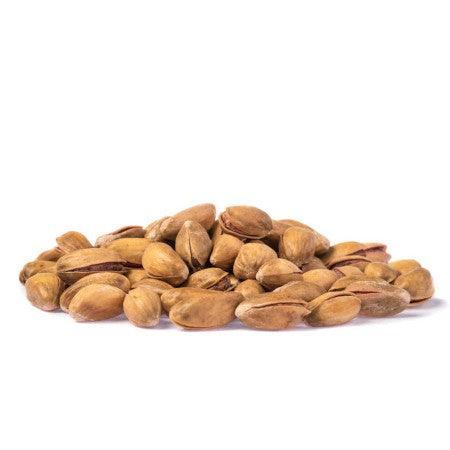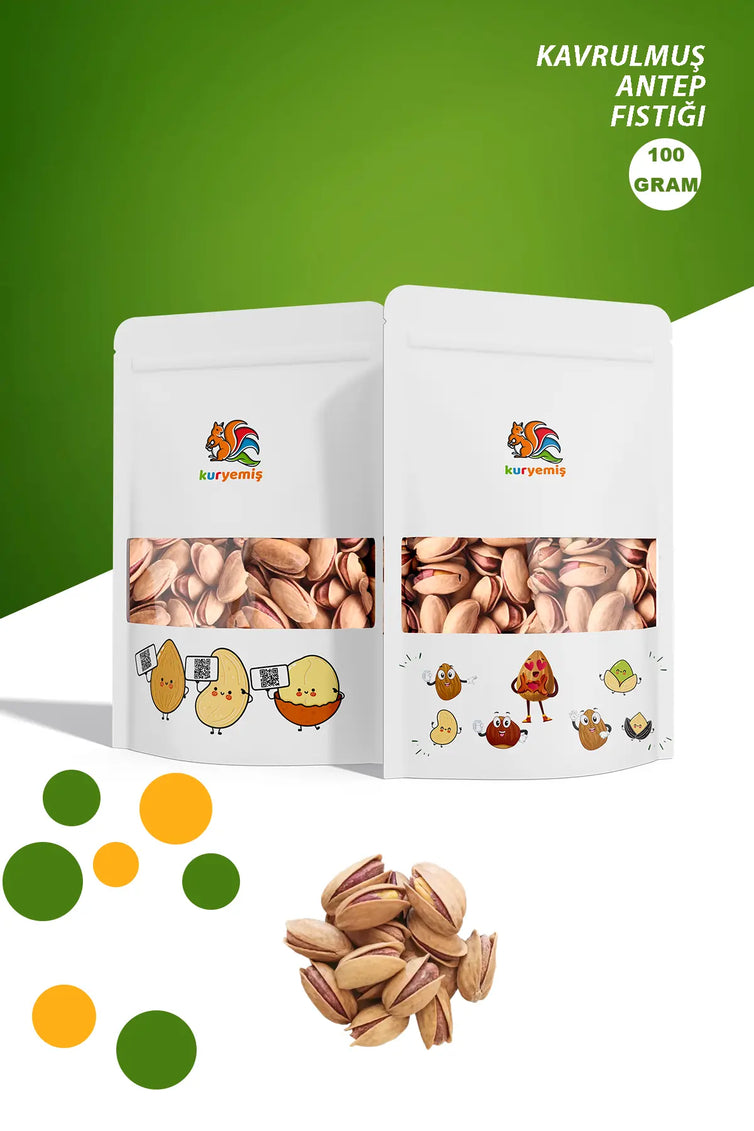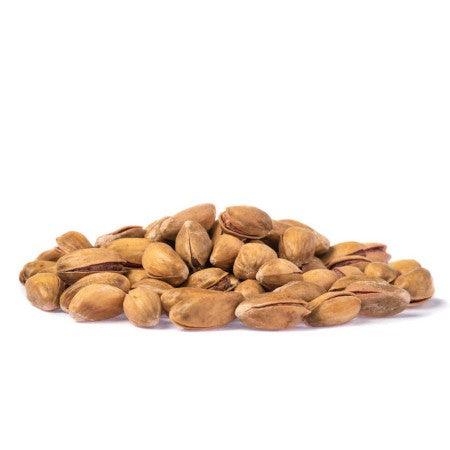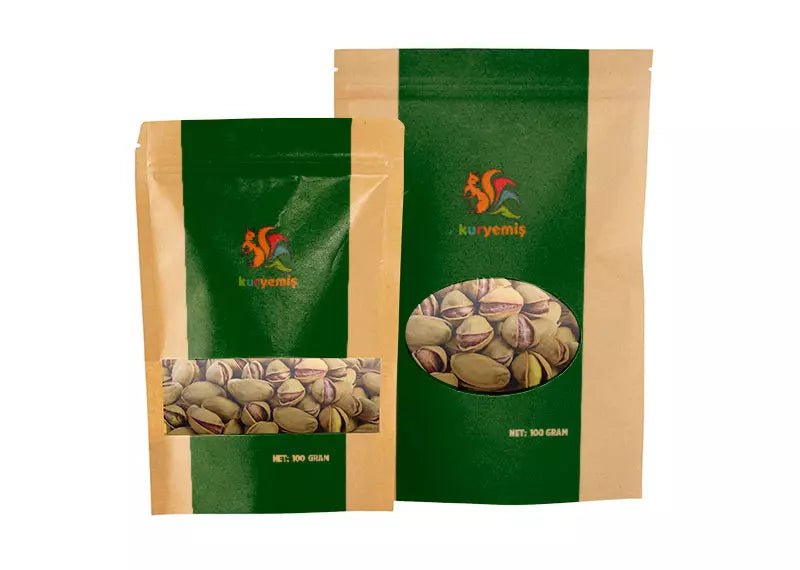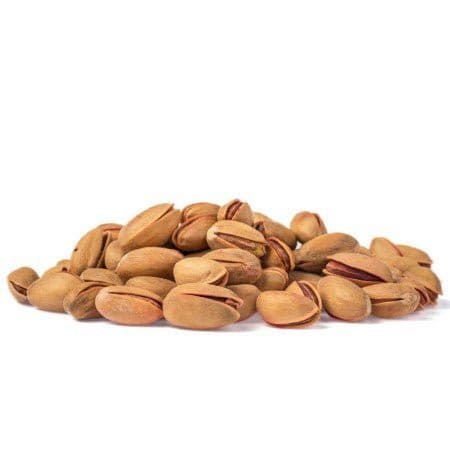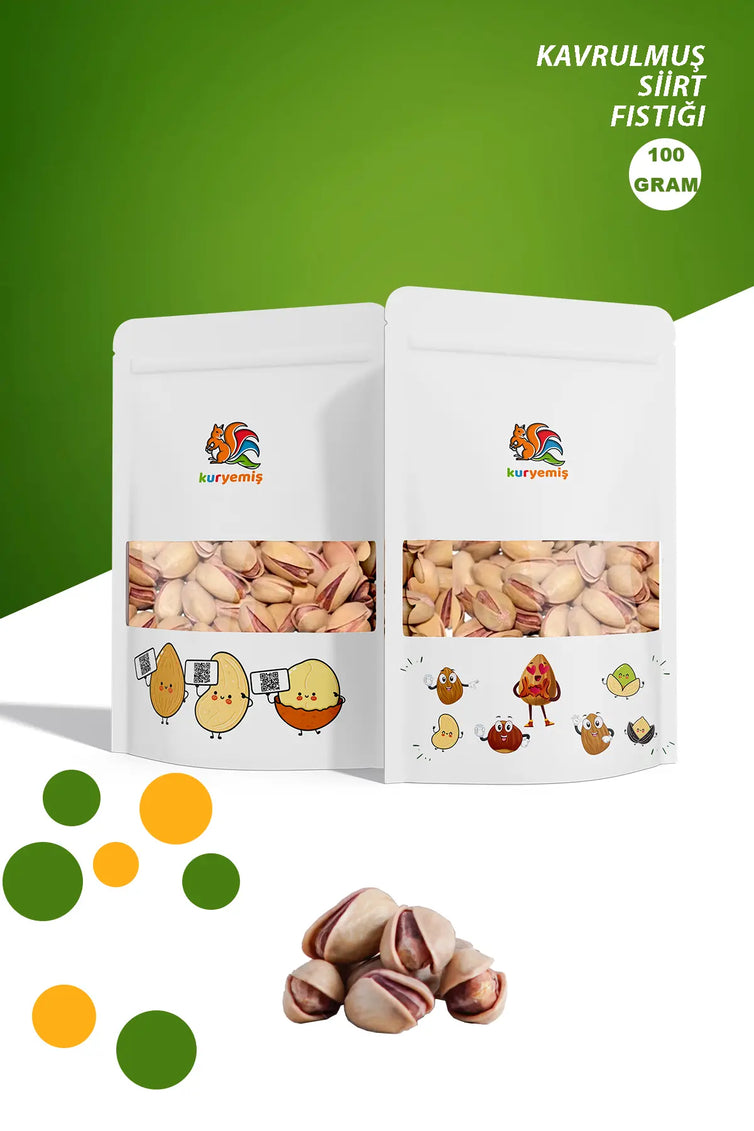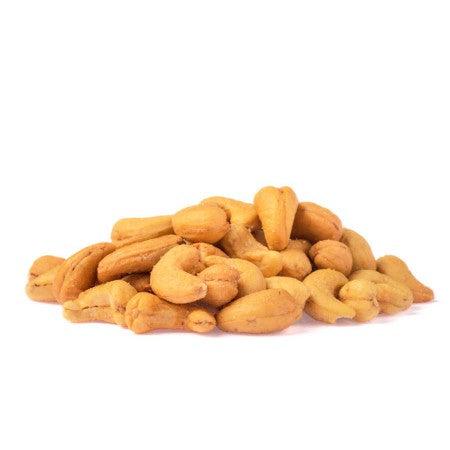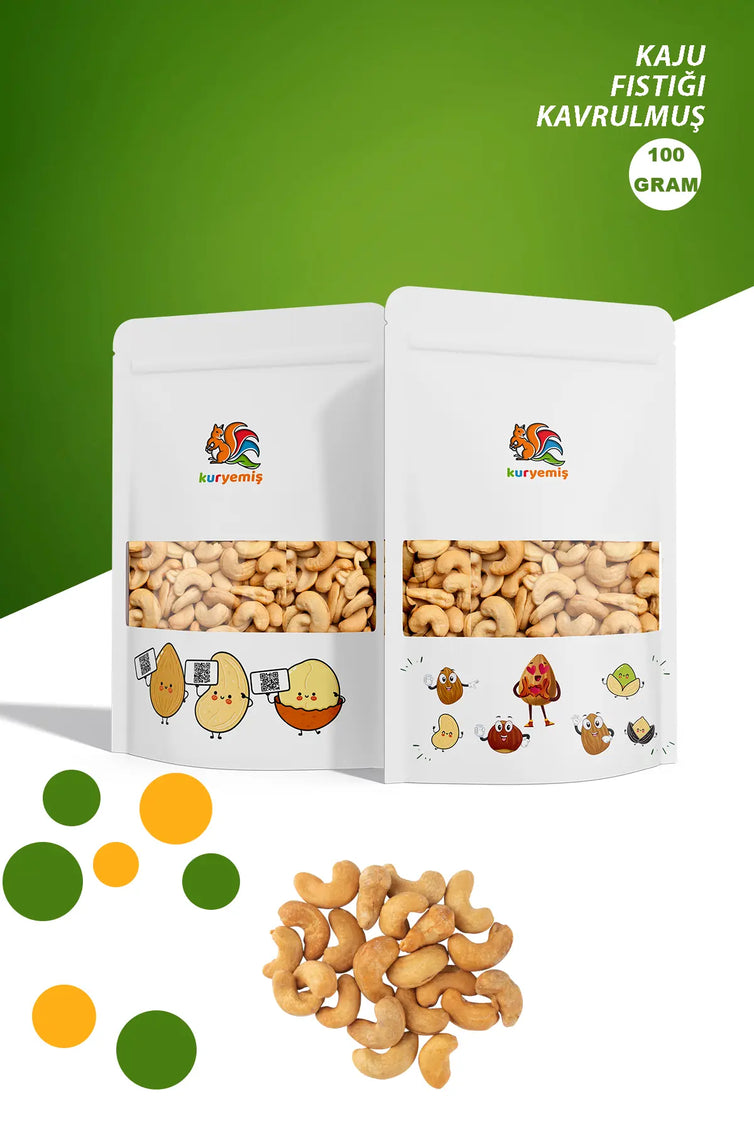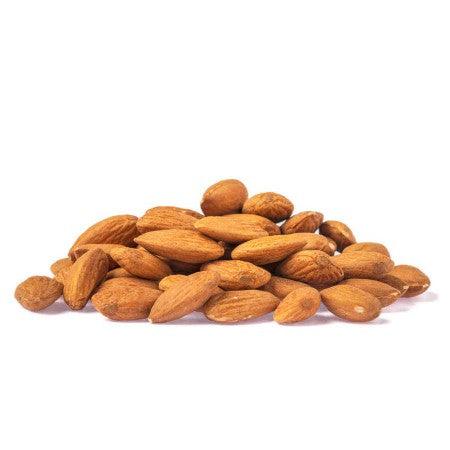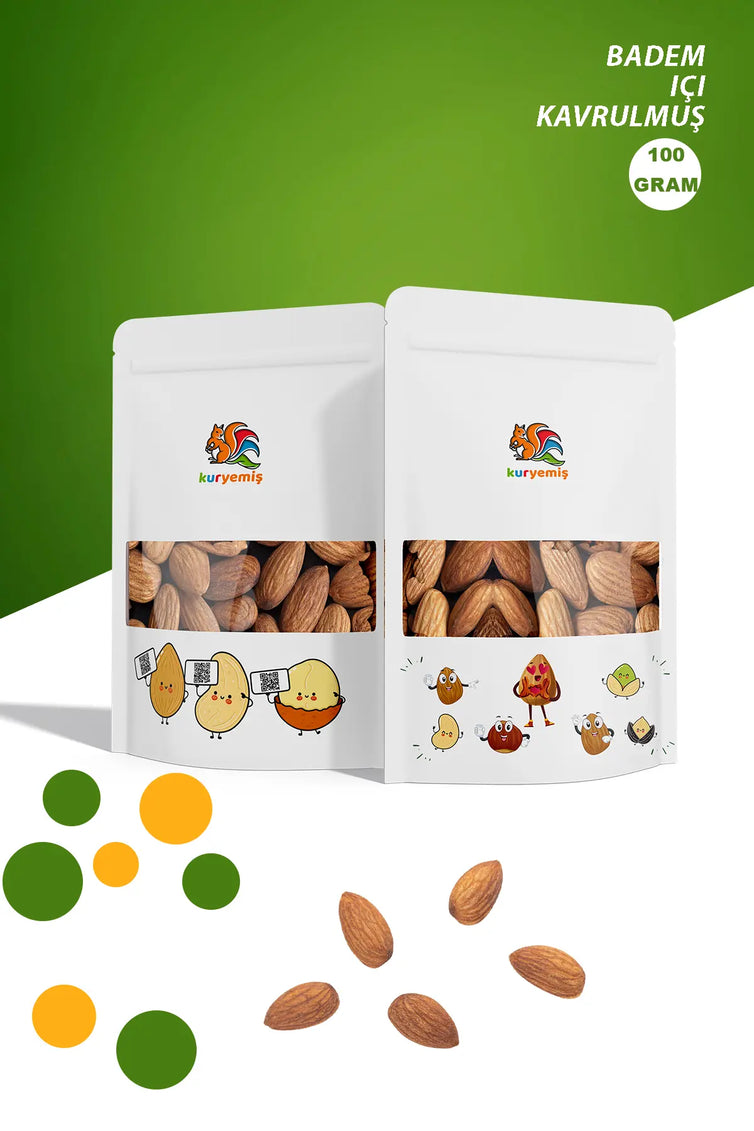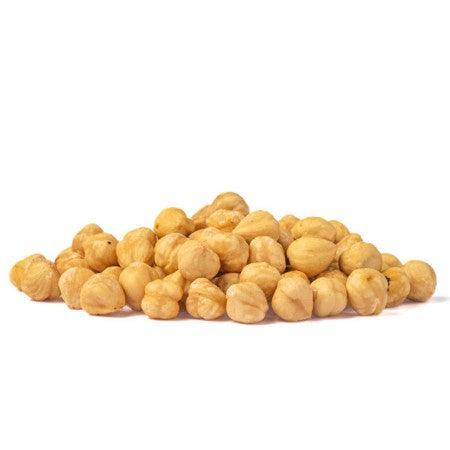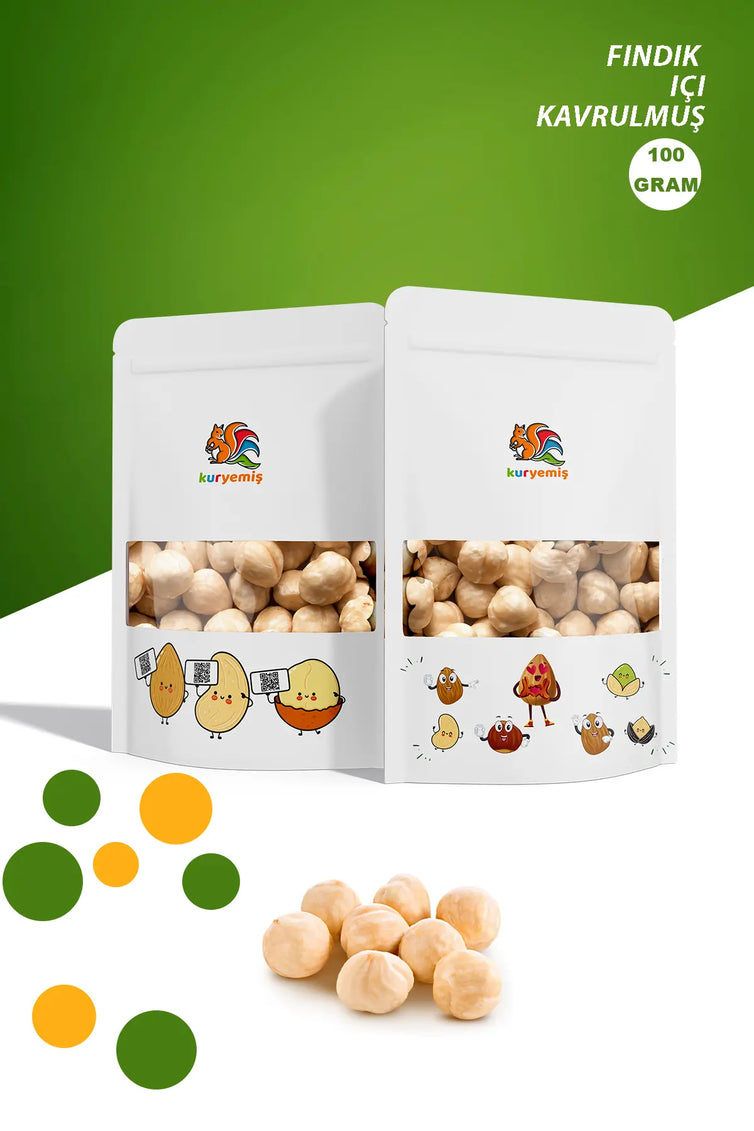Clove



The clove tree, which was first found in the Moluccas islands, has the feature of staying green throughout all seasons. Clove, whose homeland is Indonesia, is used as a spice in all cuisines of the world. Harvested in Zengibar, Indonesia and Madagascar, cloves are also grown in India, where spices are used abundantly. Clove, which freshens the breath when chewed, can be ground and used as a spice.

What are the benefits of clove?
- It is antiseptic and anti bacterial.
- It reduces fungal growth. It resolves the spasm.
- It has a pain-reducing effect.
- It reduces bad odor in the mouth.
- It is useful in weight loss, good for mental and physical fatigue,
- It allows you to recover in 10-20 minutes. It is good for intestinal infections such as diarrhea and ulcerative colitis.
- gum and Toothache It has a lightening effect.
- It reduces stress and supports acne treatment.
How to tell if cloves are of high quality?
The quality of cloves can be easily understood by the swimming test. A clove thrown into water is of good quality if it sinks to the bottom or remains vertically in the water with its head up. However, if it floats horizontally in the water, it is of poor quality.

What are the Harms of Clove?
Too much may cause toxic effects. It should not be swallowed. It can be chewed lightly to extract its aroma.
How Much Clove Can Be Consumed?
It can be chewed in the mouth 2-3 times a day.
Who Can Consume Clove?
It may cause allergic effects in people with sensitive bodies, and pregnant women should not consume it. People who are weighed down should open and close their palms 7-8 times. Add 10-15 cloves to the tea, wait 1 minute, then start drinking.
Type: Herbs and Spices






